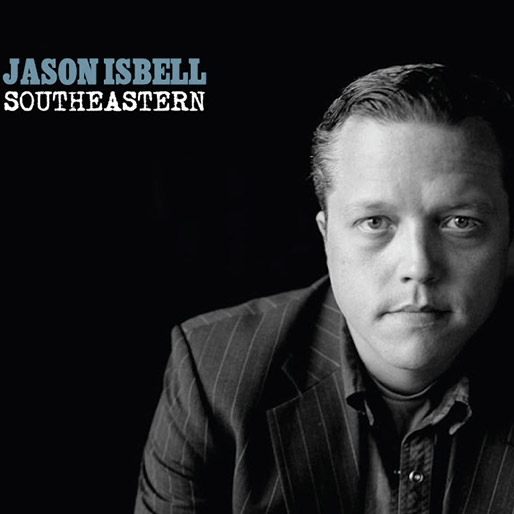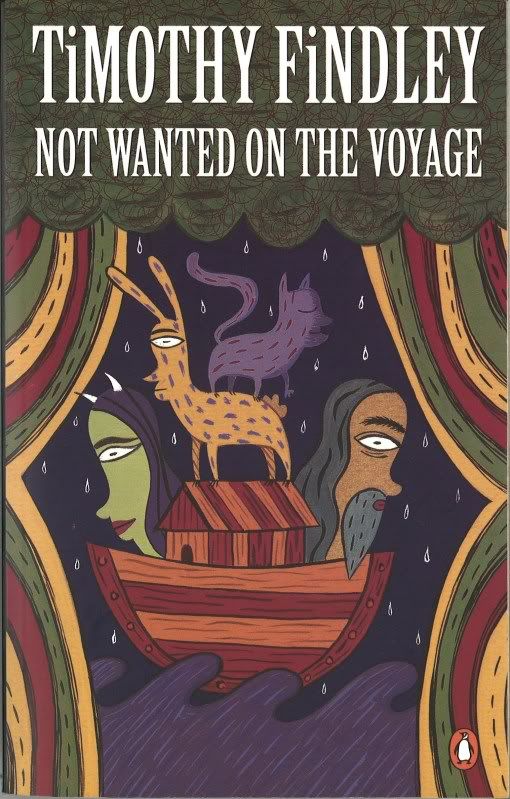Typically around my birthday I add another entry to my running list of life-influencing books, albums and films. I was busy moving across the ocean when I turned thirty-nine this year, but here we are without further adieu:
Album: Jason Isbell, Southeastern

Once I'd voiced my interest in country music
only in the lyrically-rich and musically-creative vein of Ryan Adams and the Cardinals, my friends James and Tyler sent a few recommendations my way--including
Dawes and, of course,
Jason Isbell. This past year I listened to music mostly in my office and, whether I was emailing or writing sermons,
Southeastern seemed to be on constant repeat. At times I would put it away for awhile and only come back to it with more conviction.
In the end it is Isbell's ability to be easy-going and earnest at once which I think draws me in, and of course the music is just excellent. '
Cover Me Up' and '
Live Oak' are tremendous songs, notable almost as much for their reserve as their richness (click a link and give it a listen while you read on). As the geographically-informed album title indicates, the storied-songs come from a
place. It's a world I've never inhabited; nonetheless the songs hit home.
Book: Michael Lewis, Moneyball: The Art of Winning an Unfair Game
Brad Pitt recommended this book to me (ha ha), and I'm glad I wasn't thrown off by the usual (well-warranted) worries that seeing the movie first would prove to have ruined the book. The film is very much about Oakland A's manager Billy Beane, but the book is also about the stat-keeping baseball hobbyists who stood behind Beane's revolutionary approach, and the marginalized players it came to benefit (and even save). What's so compelling about this story is how lovers of the game were able to set its profiteers on edge, and for a time almost take baseball back.
Most of my list of non-fiction books have to do with my area of study (theology), but this one belongs right there with them because of the complexity with which its human subjects are portrayed. These include not only Billy Beane but also
Bill James, the stat-nerd behind sabermetrics, and
Chad Bradford, the pitcher with the freaky-weird wind-up. What stuck with me the most, however, was the chapter on
Scott Hatteberg, who said 'poor hitters make the best hitting coaches. They don't try to make you like them, because they sucked.'
Another memorable line comes from James, who says 'you have to do something right to get an error; even if the ball is hit right at you, then you were standing in the right place to begin with.' But my favourite might be this little bit of story-description from Lewis, who at one point observes that 'a phony debate soon heated up. It wasn't as interesting as a real debate, in that there was no chance for an exchange of ideas.'
We've all been
there. And that's the thing. This book is about far more than baseball.
Film: Darren Aronofsky, Noah

Based on the poster it seemed maybe this was going to be another epic seized upon for dazzling effects of destruction or rambling scenes of melodramatic heroism. There's a bit of that, but it's really just the set up for something more thoughtful. Rather than carelessly visualize the text (like that horrible
Bible series--which I've actually warned my kids
not to watch) this film digs into the particularities of the story and explores the themes both above and beneath the surface. All the right ones, in this case. It does take a few creative liberties but not, I think, to negative effect. Indeed, it gets to the heart of the text, with care.
There was a hubbub amongst some anxiety-ridden opportunistic christian bloggers out there, but it really was all too much. This is a good, even great, film. But besides that, it definitely had an impact on me. When I saw it first with my friend and fellow pastor Micah we walked out at a loss for words, but later came back and found quite a few. I'm nervous about the Bible being ransacked for box office gains, but in this case the project gives much to be appreciated.
Novel: Timothy Findley, Not Wanted on the Voyage

It turned out to have been a year for imaginative reflections on the story of the flood. This one made no pretensions to biblical accuracy at all, and indeed was the story of a dysfunctional family at the brink of an apocalyptic breech of worlds. The characters in this novel have all the social and psychological complexity of our contemporary neighbours, inhabiting a premodern world that feels like it could have been yesterday.
At times touching and at times frankly shocking, this is a story that gets you into the ark only after embedding you in a homestead with mythological proportions. Somehow the touch of fantasy adds scope to the most normal of family interactions, so that one enters the ark with a much fuller sense of the earthy humanity of the creatures who fill or fall outside of it.
My friend Nathan recommended this book to me, and once I was a couple chapters in I couldn't believe I hadn't heard of Timothy Findley before (least of all because he's Canadian). I've gone on to read some more of his stuff and some more good books besides, but this one really stuck with me. I recommend it. Just be ready for (spoiler alert) a flood story where Noah's the bad guy.
Sometime I might go back and re-arrange my lists to truly reflect my current opinion of the films--time changes memories, preferences, and even impact--but for now I'm leaving them as is. You'll find them in the tabs above.
I like a good list, mainly for the fun conversations they spawn. Thanks to all those who've talked about or recommended good movies or music or books with me this year, its these chats that usually bring the things to light and to life in the first place.






